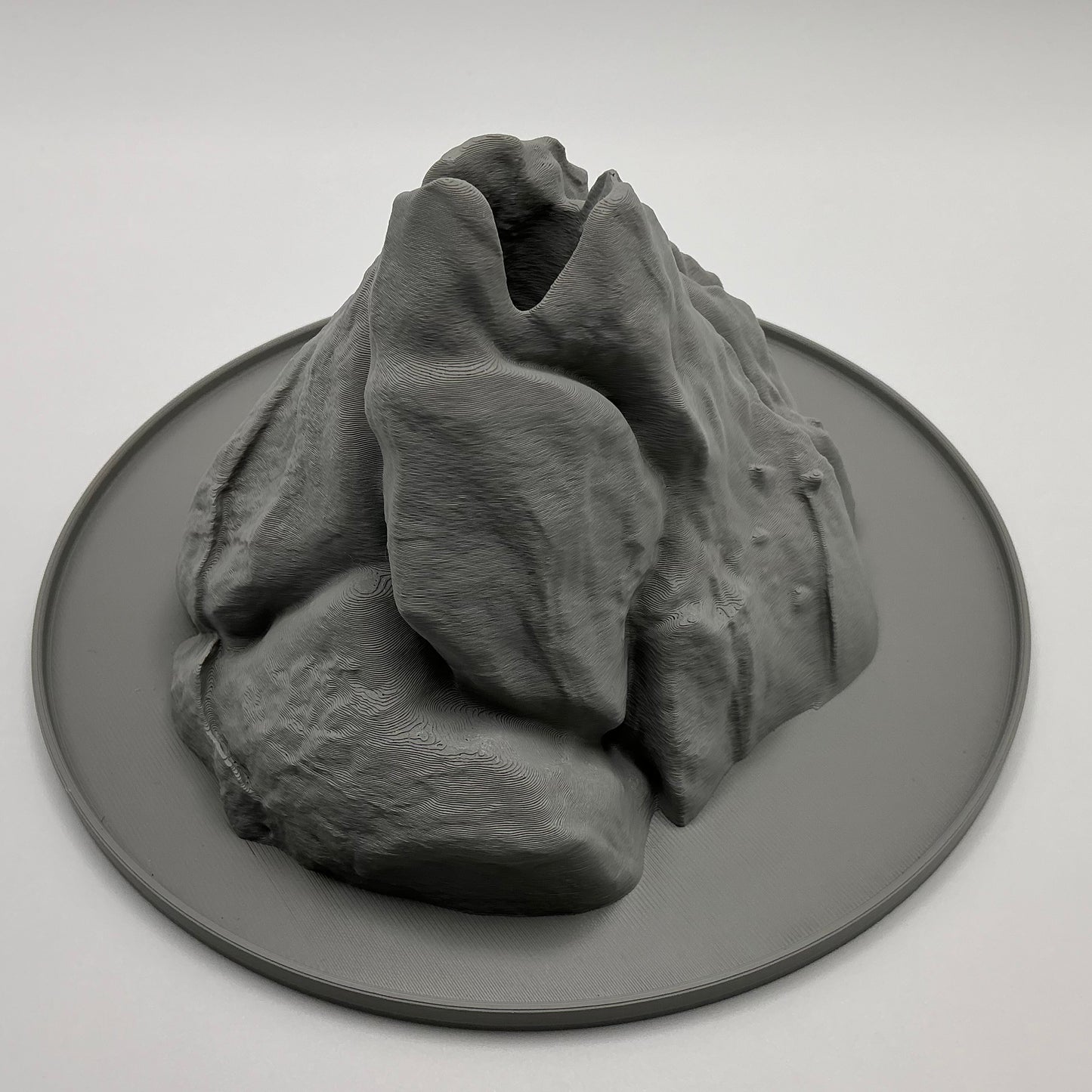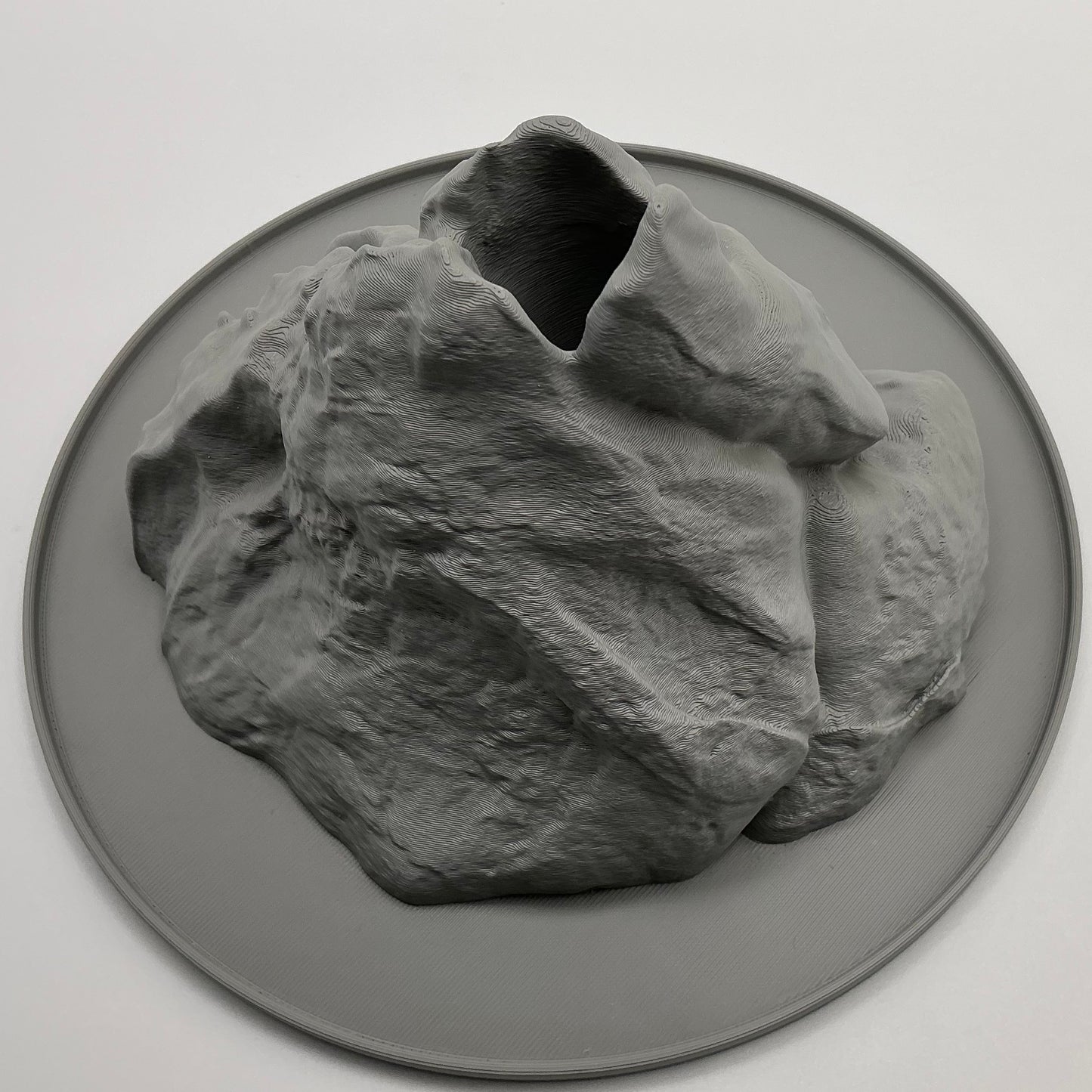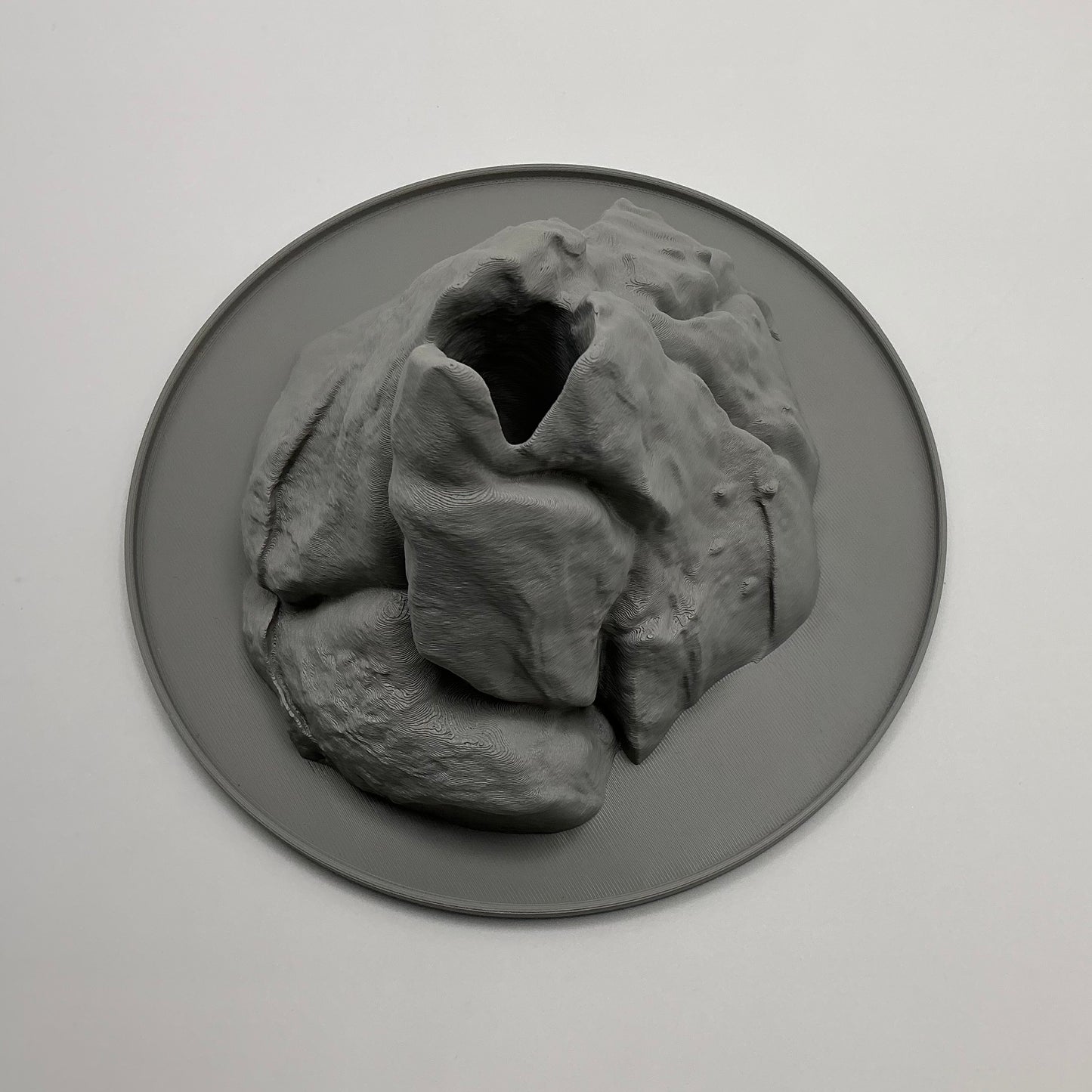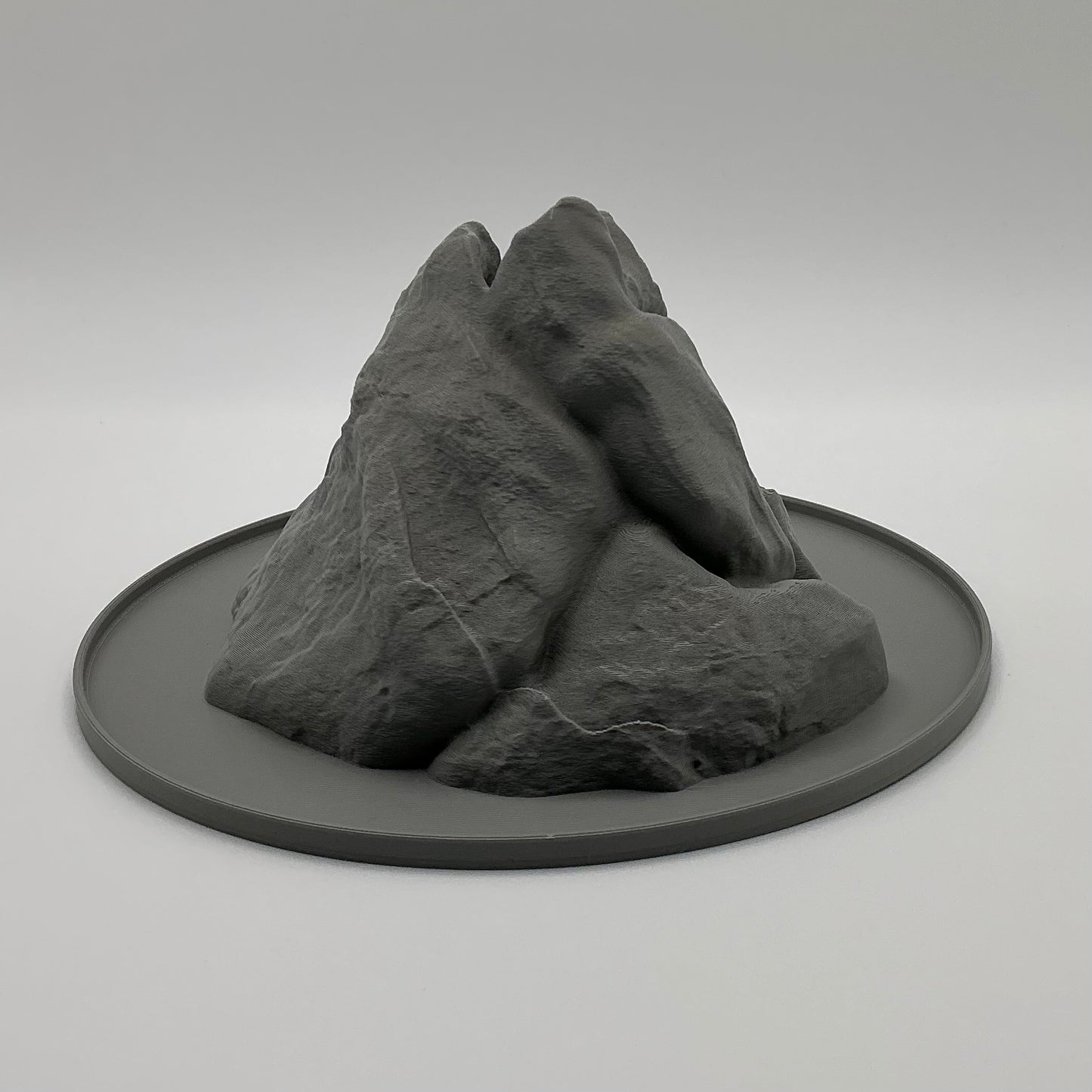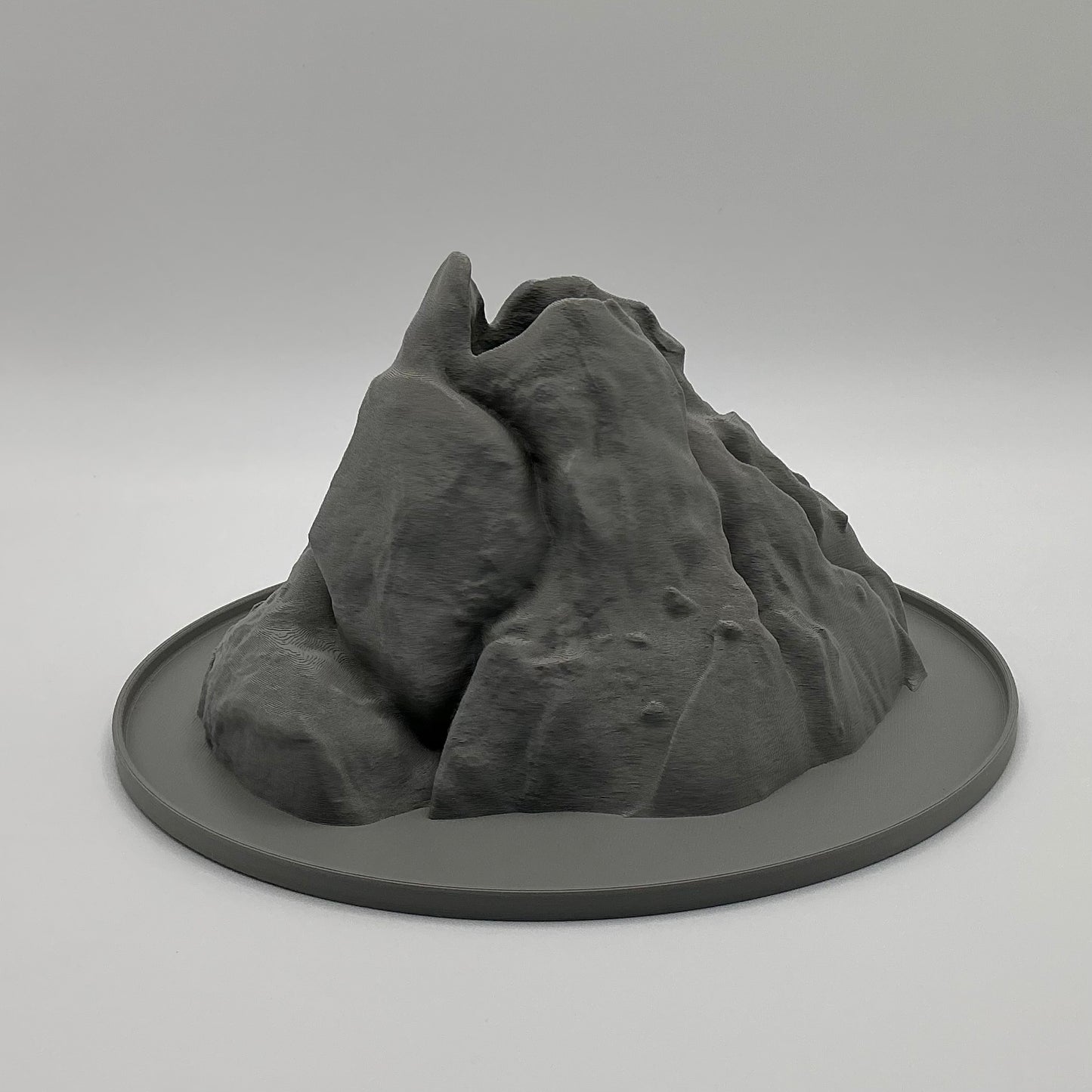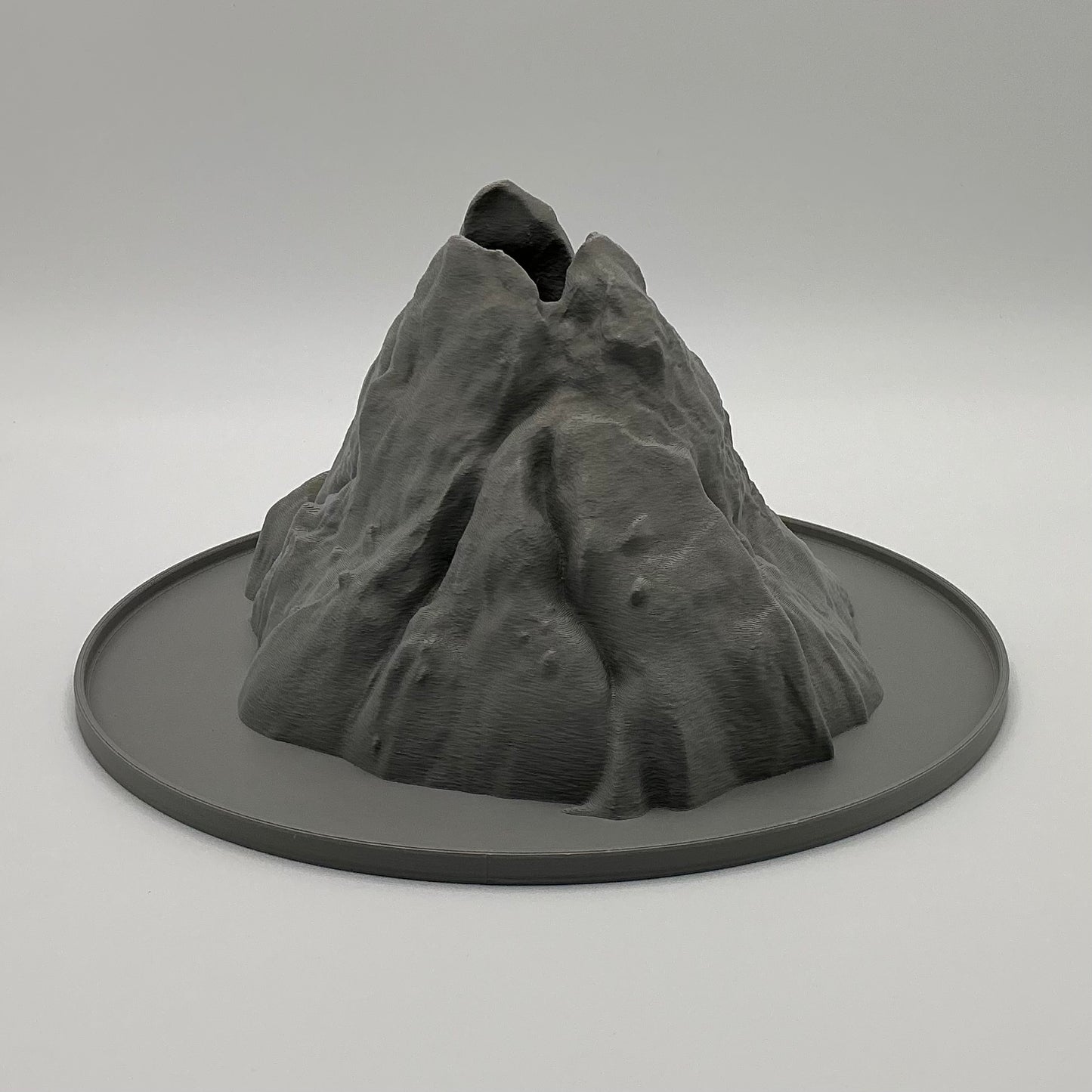Sarah’s 3D Prints
Eruption Volcano Children’s Science Experiment
Eruption Volcano Children’s Science Experiment
Couldn't load pickup availability
This volcano is a dream STEM resource because it connects play, science, and sensory exploration.
How to Use the Volcano for Learning & Science
Hands-On Chemistry
Use baking soda + vinegar (or citric acid + water + food colouring) to demonstrate acid–base reactions.
Kids see bubbling “lava” as carbon dioxide gas is released — a dramatic, visual way to introduce simple chemistry.
Teachable Moment: Explain how chemical reactions can create gases and change substances.
Earth Science & Geology
Connect eruptions to real volcanoes and Earth’s layers.
Compare shield volcanoes (gentle slopes, slow lava) vs. stratovolcanoes (steeper, explosive eruptions).
Add clay or sand around the volcano to model mountain shapes.
Teachable Moment: Talk about tectonic plates, magma, and how landscapes are formed.
STEM Experimentation
Encourage kids to test variables:
What happens if you use more/less baking soda?
Does warm water vs. cold water make a difference?
How does adding washing-up liquid change the eruption?
Teachable Moment: Introduce the scientific method — hypothesis, test, observe, conclude.
Sensory & Tuff Tray Play
Place the volcano in a tuff tray with sand, coloured rice, or pebbles to create a mini world.
Add toy dinosaurs, animals, or people for storytelling.
Teachable Moment: Combine sensory exploration with imaginative role play to reinforce science learning through play.
Maths Connections
Measure ingredients using spoons/cups to practice volume and quantity.
Record how long each eruption lasts.
Graph which “recipe” makes the biggest eruption.
Teachable Moment: Link STEM + numeracy in a fun, memorable way.
Literacy & Storytelling Links
Pair the experiment with books.
Let children write or draw their own “Volcano Report” about what they saw.
Teachable Moment: Reinforce observation and communication skills.
Cross-Curricular Play
Art: Create fiery lava with red/orange paint or tissue paper.
Geography: Locate famous volcanoes on a map (Vesuvius, Mount Fuji, etc.).
History: Learn about Pompeii and the impact of eruptions on people.
Size Approx.
Share
